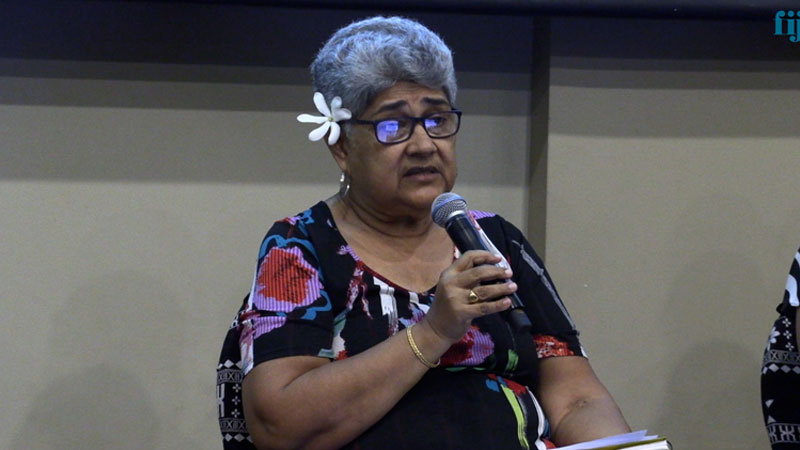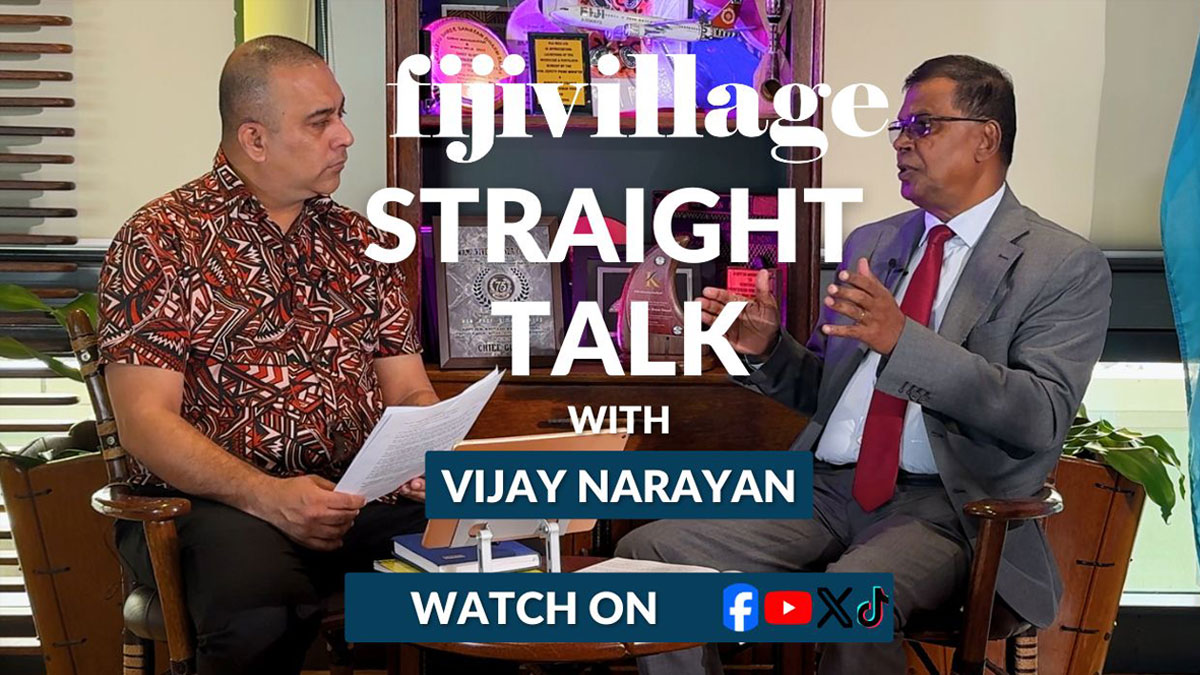
Fiji Women’s Crisis Centre Coordinator, Shamima Ali says the perpetrators in 96% of the rape cases reported to the Centre, are very close relatives of the survivors.
While speaking at the High Level Media Briefing and launching of Fiji’s National Action Plan to prevent violence against women and girls, Ali says this statistic should put a lot of fear in us that our own homes are unsafe for our women and children.
She says children watching and witnessing abuse are at a higher risk of perpetrating and girls watching this are at a higher risk of experiencing the violence as adult women.
Ali says not all boys and girls who witness or experience violence will become perpetrators but the risk is higher.
She also raised the question on how are our 11- and 12-year-old girls getting pregnant and who is impregnating them.
Ali says there are very high rates of violence against women and children including all forms of discrimination and lack of services that come with it.
She says this year alone till November, they have received over 8,000 calls - 73% of the calls related to domestic violence, rape, child rape and sexual harassment amongst others.
Ali says their intimate partner violence survey 1998/1999 showed about 70% of women were survivors of domestic violence. She says at that time the then Reserve Bank of Fiji Governor, Savenaca Narube had estimated that Fiji spent between $300 million to $500 million in response and prevention work on all forms of violence against women, girls and children.
She says in their 2011 survey, the then USP’s Professor Biman Prasad estimated that we were spending in excess of $700 million in response and prevention work. This includes Police, judiciary, shelter, health services and other areas.
Ali says in her 37 years of work, the challenges with the media still remains, and the sexism and the misogyny still occurs as she hears sexist jokes by some radio hosts.
She also says there is national, global and regional evidence that patriarchy is the root cause of violence against women but we recently had a senior editor writing that it is not patriarchy but mental health issues.
Ali says when this is done, we are passing the wrong message and it does a lot of harm to the work being done to prevent violence against women. She also pointed out that we need to move forward and have a comprehensive gender violence against women and human rights training for the media.
Ali also acknowledged the work of the former Minister for Women, Mereseini Rakuita and how her leadership has brought civil society and Government together and to ensure that civil society input is essential and taken.
Stay tuned for the latest news on our radio stations

